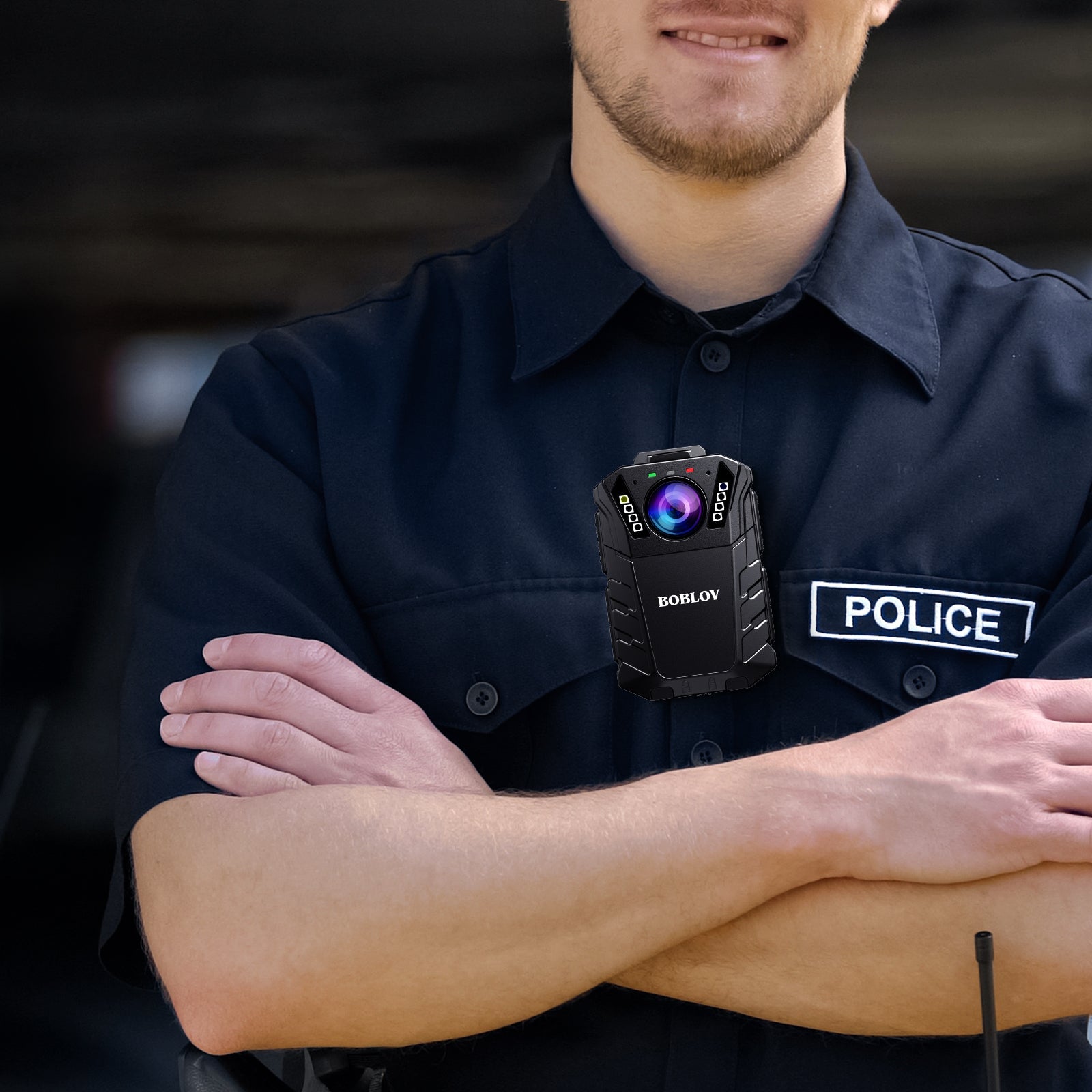The Evolution of 4K Cameras in the Digital Market
Understanding 4K Resolution and Its Impact on the Imaging Industry
4K resolution has changed the game in imaging. It means clearer, crisper images. TVs and monitors with 4K are now common. 4K has also hit the camera market hard. It offers detail four times that of Full HD. This leap in quality affects filmmakers and photographers alike. They can now capture images with stunning detail and clarity. Consumers expect high-res content, making 4K a new standard. Professionals and hobbyists both seek out 4K cameras. The demand drives the industry to innovate more. This push for 4K has led to better camera tech across the board.

Key Technologies Driving 4K Camera Advancements
In 2019, key technologies have fueled the progress of 4K cameras. These include:
- High-Efficiency Video Coding (HEVC), enabling better compression without losing quality.
- Enhanced CMOS sensors for improved low-light performance and dynamic range.
- Advanced image processing engines for faster readout and reduced noise.
- Improved autofocus systems using phase detection for sharper images.
- Wi-Fi and Bluetooth for easy sharing and remote operations.
These advancements have made 4K cameras more versatile and user-friendly.
Consumer Demand for 4K Cameras in 2019
In 2019, the craving for 4K cameras soared among consumers. They wanted more than just high resolution. Shoppers looked for features like image stabilization and fast autofocus. Many also sought cameras that could connect to smartphones and social media with ease. This demand shaped what makers put on the market. Folks from vloggers to pros wanted 4K for crisp videos and clear photos. This pushed brands to innovate and meet these needs.
Market Leaders and Their 4K Camera Offerings
Sony's Pioneering Role in 4K Technology Development
Sony has long been at the forefront of 4K technology. They combine high resolution with user-friendly features. Sony's Alpha and RX series showcase their leading role in the 4K market. These cameras appeal to both pros and casual users. Sony also invests in lens technology to enhance 4K shooting. Their innovation sets the standard in the industry.
How Canon and Panasonic Are Shaping the 4K Camera Space
Canon and Panasonic have become key players in the 4K camera market. Canon's EOS range and Panasonic's Lumix series offer stunning 4K video capabilities. These brands have focused on enhancing lens quality and image stabilization. They also offer cameras suited for both professionals and hobbyists. Features like Wi-Fi connectivity and robust builds attract a wide range of users. Through constant innovation, they compete strongly in the digital imaging arena.
The Rise of Mirrorless 4K Cameras from Fujifilm and Olympus
The mirrorless camera scene has seen exciting growth in 2019. Fujifilm and Olympus are at the forefront. Both brands released impressive mirrorless 4K models. These models boast compact designs and high-resolution video capability. Features like in-body stabilization and advanced autofocus are significant. They cater to both pro photographers and video creators. This shift reflects consumer needs for lighter and more powerful cameras. Fujifilm's X-T3 and Olympus's OM-D E-M1X are standouts in this field. They have pushed the limits of what mirrorless tech can do in 4K video capture. This rise reflects a trend towards cameras that offer versatility without the bulk.
Future Trends in 4K Camera Technology
Innovations on the Horizon for 4K Cameras
Looking ahead, 4K camera tech is set to soar. We will see smarter, faster, and even more compact cameras. High Dynamic Range (HDR) will enhance photo realism. Expect 360-degree recording to become more common. Cameras may offer higher frame rates for silky-smooth footage. Connectivity features like 5G will enable instant media sharing. Moreover, modular designs could let users tailor cameras to their needs. These innovations promise a thrilling future for photography and videography enthusiasts.
The Role of Artificial Intelligence and Machine Learning
The future of 4K cameras is closely tied to AI and machine learning. These technologies allow for smart editing and automated control. They help improve image recognition. AI makes features like real-time subject tracking possible. Machine learning optimizes camera settings for different scenes. Together, they work to make 4K cameras more user-friendly and efficient. This allows users to focus more on the creative aspects of photography and videography. AI and machine learning are not just trends; they are shaping the future of how we capture and interact with images.
Environmental and Technological Challenges Facing the Industry
The 4K camera industry is thriving, but faces challenges. Environmental concerns push for greener tech. This calls for eco-friendly materials and energy efficiency. Tech hurdles include improving battery life and data storage. High-res files need more space and power. There's a push to solve these in smart, sustainable ways. The industry must balance innovation with responsibility.


